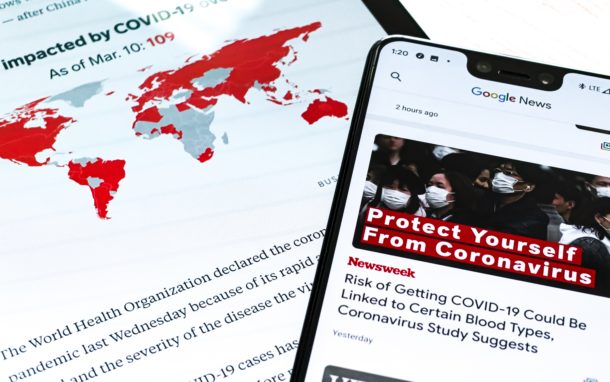For the vast majority of businesses, the pandemic has been a major wake-up call in how businesses are run. One of the major lessons taken is how to prepare a business to survive in times of great change or crisis. A business continuity plan is vital for businesses of all sizes and in any sector Read more
Business Continuity Plan

For the vast majority of businesses, the pandemic has been a major wake-up call in how businesses are run. One of the major lessons taken is how to prepare a business to survive in times of great change or crisis.
A business continuity plan is vital for businesses of all sizes and in any sector and it’s something that you should be putting in place now.
What is a business continuity plan?
Business continuity is a term you’ve probably heard before, even if you don’t quite know what it means. Simply put, a business continuity plan outlines how a business will continue to provide key services at an acceptable level during a time of disruption or disaster.
What triggers a business continuity plan can be any of a wide range of situations. It could be a natural disaster, a fire or flood in your building, data theft, the loss of key personnel, political matters or something like a pandemic.

Who should be involved?
While it is usually the leader of a business and any outside consultants that develop the disaster recovery plan, all employees need to be aware of it and what their roles are when a business continuity plan is triggered.
Ensure that everyone knows the plan and what to do in an emergency. Put training in place such as medical training from MyCPR Now or cybersecurity and data protection awareness from your IT company.
Why do you need one?
Well, do you want your business to be able to operate in the event of a disruption? Overwhelmingly, the answer should be yes. Not being able to service your customers can cause huge reputational and financial damage and could put you out of business. Many business insurance companies will not be able to provide you with insurance if you cannot show that you have a business continuity plan in place.
What should be included?
No matter what business you’re in, or how big a company you have, the structure of your business continuity plan should concentrate on three particular areas. These are resilience, recovery and essential contingencies.
Resilience is working to identify your business-critical systems and personnel and working to arrange these with possible disruption in mind. This can include the distribution of key personnel, data backups etc. Can key systems be accessed off-site should something happen to your premises?
The second part of your plan should focus on how fast you can restore your key systems in the event of a disruption.
The contingency element of your plan should put in place a number of options that deal with different potential situations. For example, what would you do if certain key managers were unavailable or a key supplier was also affected?
Key points
A business continuity plan is important for all businesses. Even if you are a sole trader with no employees, you should think about all of the potential disruptions that could face your business and put measures and plans in place to protect your business.
